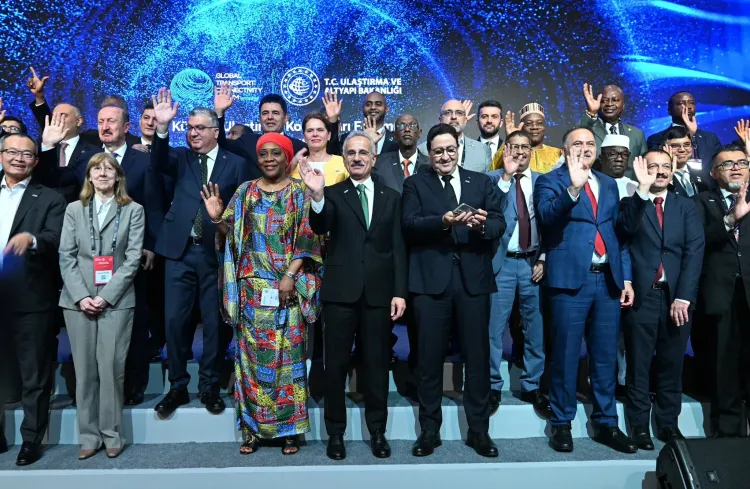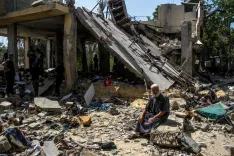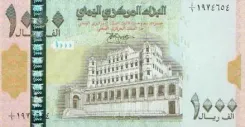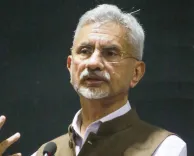How are Türkiye and Syria Restoring Direct Transport Links?

Synopsis
Key Takeaways
- 12 cooperation agreements were signed at the Global Transport Connectivity Forum.
- A landmark agreement was made to resume direct road transport between Türkiye and Syria.
- The Middle Corridor is crucial for enhancing trade between Europe and Asia.
- Projected economic output from Middle Corridor projects is 114 billion U.S. dollars.
- Joint Steering Committee formed to support African nations in global transport.
Istanbul, June 29 (NationPress) The Global Transport Connectivity Forum wrapped up on Sunday in Istanbul with the signing of 12 cooperation agreements that focus on boosting cross-border logistics and fostering regional integration.
One of the notable agreements was reached between the Turkish and Syrian delegations, allowing the resumption of direct road transport between the two nations after a lengthy suspension, as reported by Xinhua news agency.
Turkish Transport and Infrastructure Minister Abdulkadir Uraloglu announced, "Commercial transport will recommence under the International Road Transport Agreement established in 2004," emphasizing that cargo transfers at border gates will be eliminated, enabling direct movement of goods between Türkiye and Syria without the need for transshipment.
Uraloglu stated, "The revival of transport links will fortify our nations' positions in regional trade between Europe and Asia and will connect the Middle Corridor with Gulf nations." He added, "This will create direct road access from Türkiye to Jordan, Saudi Arabia, the United Arab Emirates, Qatar, and other Gulf countries."
The strategic relevance of the Middle Corridor—a vital east-west trade route—was a dominant topic during the forum. Turkish President Recep Tayyip Erdogan emphasized the importance of aligning the Middle Corridor with China's Belt and Road Initiative, describing it as a revolutionary project aimed at more secure and efficient connections between Europe and Asia.
This initiative, also referred to as the Trans-Caspian East-West Middle Corridor Initiative, links Türkiye with the South Caucasus, the Caspian Sea, Central Asia, and ultimately China, as part of Türkiye's ongoing efforts to rejuvenate the historic Silk Road, according to the Turkish Foreign Ministry.
Erdogan observed that while shipments through the Suez Canal usually take about 35 days and those via the Cape of Good Hope approximately 45 days, the Middle Corridor is expected to shorten transit times to under 15 days once planned investments are realized.
Looking forward, Erdogan estimated that ongoing and upcoming Middle Corridor projects would generate a total economic impact of 114 billion U.S. dollars, further solidifying the region's significance as a global trade hub.
Another significant development involved the signing of a memorandum to form a Joint Steering Committee comprising Türkiye, Somalia, Ghana, Mauritania, the Republic of Congo, Djibouti, Liberia, and Guinea.
Uraloglu stated, "As Türkiye, we are committed to providing comprehensive support for the African continent to secure its rightful position in the global transport network."









